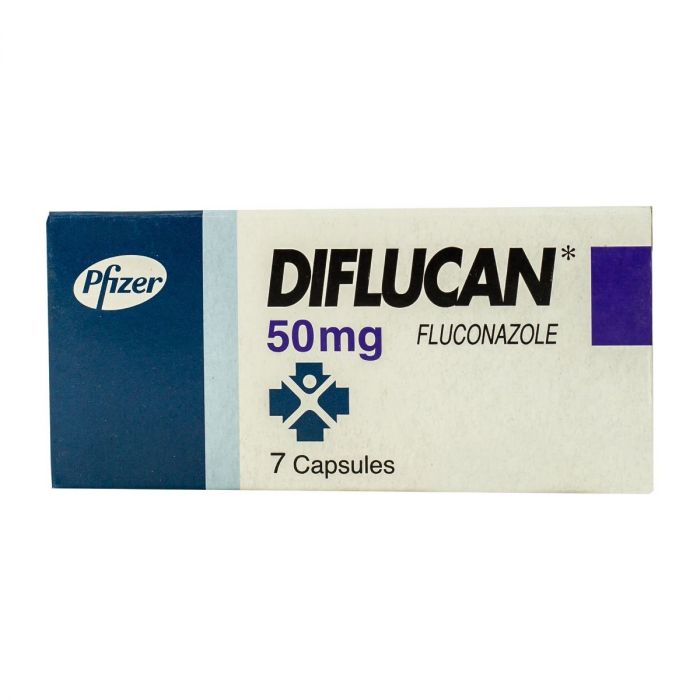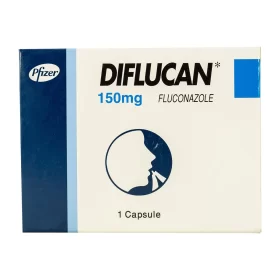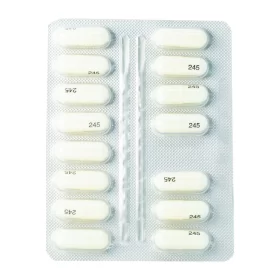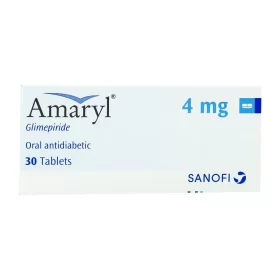What Is Diflucan?
Diflucan (fluconazole) is an anti-fungal medication prescribed to treat Candida fungal infections of the mouth, vagina, esophagus, lungs , urinary tract , abdomen, and other organs. Diflucan is also used to treat fungal meningitis and may be prescribed to ward off fungal infections in patients being treated with chemotherapy or radiation before a bone marrow transplant. Diflucan is available as a generic drug.
What Are Side Effects of Diflucan?
Diflucan may cause serious side effects including:
- fast or pounding heartbeat
- flutter in your chest
- shortness of breath
- sudden dizziness
- fever
- chills
- body aches
- flu symptoms
- easy bruising or bleeding
- unusual weakness
- seizure (convulsions)
- skin rash or lesions
- loss of appetite
- upper stomach pain
- dark urine
- clay-colored stool
- yellowing of eyes or skin (jaundice)
Get medical help right away, if you have any of the symptoms listed above.
Common side effects of Diflucan include:
- headache,
- dizziness,
- drowsiness,
- stomach or abdominal pain,
- upset stomach,
- diarrhea,
- heartburn,
- loss of appetite, and
- allergic reactions including skin inflammation, itching, rash, and unusual or unpleasant taste in your mouth.
Seek medical care or call 911 at once if you have the following serious side effects:
- Serious eye symptoms such as sudden vision loss, blurred vision, tunnel vision, eye pain or swelling, or seeing halos around lights;
- Serious heart symptoms such as fast, irregular, or pounding heartbeats; fluttering in your chest; shortness of breath; and sudden dizziness, lightheadedness, or passing out;
- Severe headache, confusion, slurred speech, arm or leg weakness, trouble walking, loss of coordination, feeling unsteady, very stiff muscles, high fever, profuse sweating, or tremors.
This document does not contain all possible side effects and others may occur. Check with your physician for additional information about side effects.
Dosage for Diflucan
Diflucan is available in several strengths and comes as a tablet (50, 100, 150 and 200 mg strength), liquid (350 or 1400 mg strength), or injection (2 mg per ml). Diflucan is taken once a day and may be taken for several weeks depending on the condition being treated.
What Drugs, Substances, or Supplements Interact with Diflucan?
Drug interactions may occur with certain antibiotics, blood thinners, diuretics, sedatives, antiseizure drugs, and other medications. Warnings may apply to individuals who have liver disease. In rare cases, patients treated with Diflucan may develop dangerous heart rhythm abnormalities or serious allergic reactions.
Diflucan During Pregnancy and Breastfeeding
Diflucan is not usually recommended for pregnant women or nursing mothers. Diflucan has been used in the pediatric population, but its dose is determined by pediatric patient weight ranges and a mg/Kg sliding scale.
Additional Information
Our Diflucan Side Effects Drug Center provides a comprehensive view of available drug information on the potential side effects when taking this medication.

















